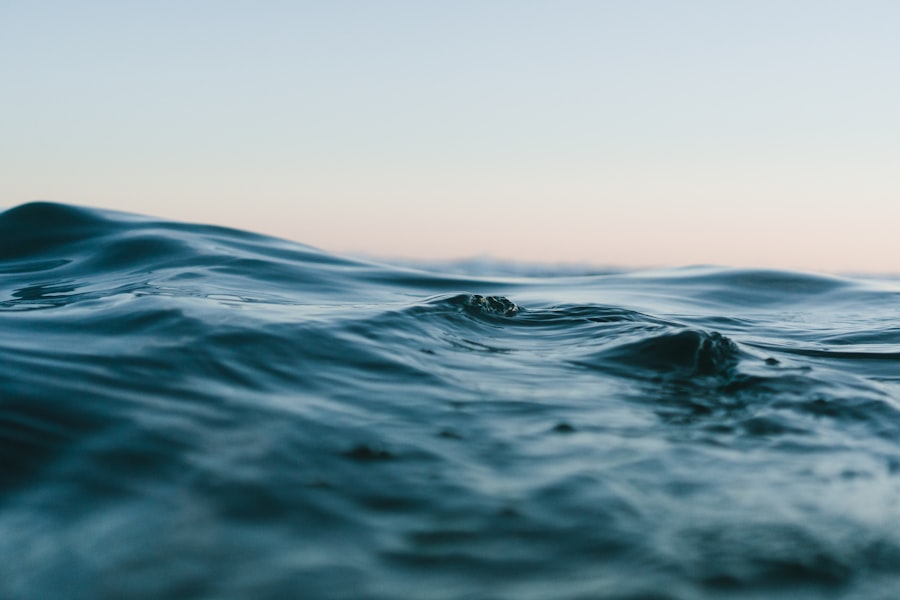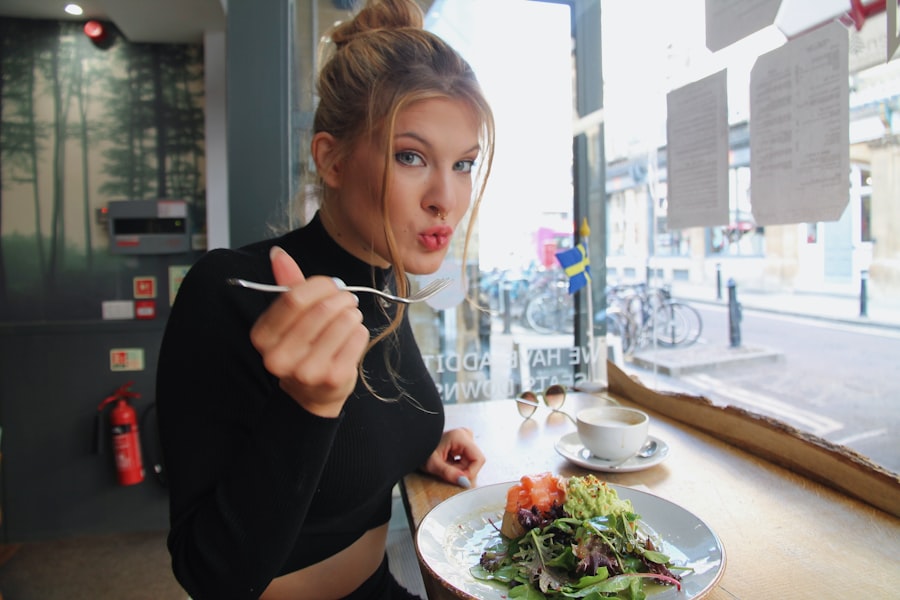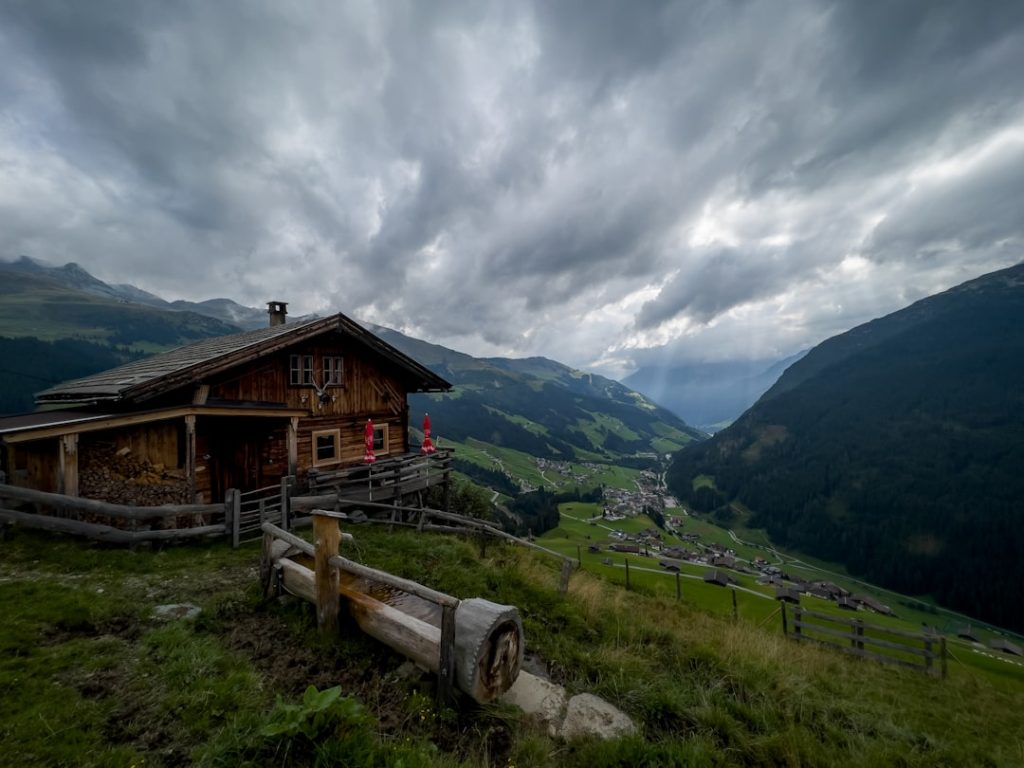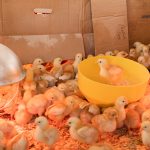Keeping chickens in cold climates presents challenges, particularly in maintaining unfrozen water supplies. When temperatures drop, water in chicken drinkers can rapidly freeze, depriving birds of essential hydration. Several factors contribute to this freezing:
1.
Low ambient temperature: As air temperature decreases, water loses heat and reaches its freezing point. 2. Drinker design: Poorly insulated or exposed drinkers are more susceptible to freezing.
3. Frequency of use: Stagnant water in less frequently used drinkers is more likely to freeze. 4.
Water composition: Impurities and minerals in water can raise its freezing point, making it more prone to solidifying in cold weather. 5. Drinker placement: Shaded areas or locations without direct sunlight exposure increase the likelihood of freezing.
6. Lack of insulation: Unprotected drinkers lose heat more quickly to the surrounding environment. Understanding these factors enables chicken owners to implement preventive measures against water freezing in cold temperatures.
Strategies may include using insulated drinkers, placing waterers in sunny locations, ensuring regular water consumption, and considering water composition. By addressing these issues, chicken keepers can maintain a consistent liquid water supply for their flock during cold weather.
Table of Contents
- 1 Prevention Methods: How to Keep Chicken Water from Freezing
- 2 Insulation Techniques: Keeping Water Warm in Cold Temperatures
- 3 Heating Options: Using Heaters and Warmers for Chicken Water
- 4 Alternative Solutions: Non-Electric Methods for Preventing Freezing
- 5 Maintenance Tips: Regular Checks and Cleaning to Prevent Freezing
- 6 Ensuring Access to Fresh Water for Your Chickens
- 7 FAQs
- 7.1 What are some ways to keep chickens’ water from freezing?
- 7.2 What is a heated waterer and how does it work?
- 7.3 How can I insulate my chickens’ water containers?
- 7.4 What is a heated base and how does it help prevent water from freezing?
- 7.5 Is it safe to add hot water to chickens’ waterers to prevent freezing?
Key Takeaways
- Understanding the Problem: Chicken water freezes due to low temperatures and lack of insulation
- Prevention Methods: Use insulated waterers, add salt or sugar to water, and use heated bases to prevent freezing
- Insulation Techniques: Wrap waterers with foam insulation, use heated waterer covers, and place waterers in a sheltered area
- Heating Options: Consider using heated waterers, heated bases, or heated pet bowl inserts to keep water from freezing
- Alternative Solutions: Use solar-powered waterers, add apple cider vinegar to water, or use double-walled waterers to prevent freezing
- Maintenance Tips: Regularly check for ice, clean waterers, and refill with fresh water to prevent freezing
- Conclusion: Ensuring access to fresh, unfrozen water is crucial for the health and well-being of chickens, especially in cold temperatures
Prevention Methods: How to Keep Chicken Water from Freezing
Insulated Chicken Drinkers
One of the most effective methods for preventing chicken water from freezing is to use insulated chicken drinkers. These drinkers are designed to retain heat and prevent the water from freezing, even in extremely cold temperatures. Insulated drinkers come in various sizes and designs, including double-walled and heated options. Double-walled drinkers have an inner and outer layer with an insulating material in between, while heated drinkers have a built-in heating element that keeps the water at a constant temperature, preventing it from freezing.
Heated Bases and Pads
Another effective prevention method is to use heated bases or pads underneath the chicken drinker. These bases or pads are designed to provide a constant source of heat to the drinker, preventing the water from freezing. They are available in different sizes and styles to accommodate various types of chicken drinkers.
Heated Waterers
Using a heated waterer can also prevent freezing. These waterers are equipped with a built-in heating element that keeps the water at a constant temperature, ensuring that it does not freeze even in the coldest of temperatures.
By using these prevention methods, chicken owners can ensure that their birds have access to unfrozen water throughout the winter months.
Insulation Techniques: Keeping Water Warm in Cold Temperatures

In addition to using insulated drinkers and heated bases, there are other insulation techniques that can help keep chicken water warm in cold temperatures. One effective technique is to use straw or hay as insulation around the drinker. Placing a thick layer of straw or hay around the drinker can help retain heat and prevent the water from freezing.
This natural insulation material is readily available and can be easily replaced when needed. Another insulation technique is to use foam insulation sleeves or jackets designed specifically for chicken drinkers. These sleeves are made of insulating foam material that helps retain heat and prevent freezing.
They are easy to install and can be used with various types of chicken drinkers. Additionally, wrapping the drinker with a thermal blanket or using a reflective insulation material can also help keep the water warm by reflecting heat back into the drinker. Furthermore, placing the drinker in a sheltered area such as a coop or a covered run can provide additional insulation and protection from the elements.
By using these insulation techniques, chicken owners can help ensure that their birds have access to unfrozen water even in the coldest of temperatures.
Heating Options: Using Heaters and Warmers for Chicken Water
When it comes to heating options for chicken water, there are several effective choices available to prevent freezing in cold temperatures. One popular option is to use heated water bowls or fountains specifically designed for poultry. These bowls and fountains are equipped with a built-in heating element that keeps the water at a constant temperature, preventing it from freezing even in extremely cold conditions.
They are available in various sizes and styles to accommodate different flock sizes and setups. Another heating option is to use submersible water heaters that can be placed directly into the chicken drinker. These heaters are designed to keep the water at a constant temperature, preventing it from freezing.
They are available in different wattages and styles to suit various types of drinkers and flock sizes. Additionally, using heated bases or pads underneath the drinker can also provide a constant source of heat to prevent freezing. Furthermore, heated waterers with integrated heating elements are another effective option for preventing freezing.
These waterers are designed to keep the water at a constant temperature, ensuring that it does not freeze even in the coldest of temperatures. By using these heating options, chicken owners can provide their birds with access to unfrozen water throughout the winter months.
Alternative Solutions: Non-Electric Methods for Preventing Freezing
While electric heating options are effective for preventing chicken water from freezing, there are also non-electric methods that can be used as alternative solutions. One non-electric method is to use solar-powered heaters for chicken drinkers. These heaters are equipped with solar panels that harness energy from the sun to provide a constant source of heat to prevent freezing.
They are environmentally friendly and cost-effective, making them a sustainable option for keeping chicken water warm in cold temperatures. Another alternative solution is to use passive solar heating techniques to keep chicken water warm. Placing the drinker in a sunny area or using reflective materials to direct sunlight onto the drinker can help retain heat and prevent freezing without the need for electricity.
Additionally, using passive insulation techniques such as straw or hay around the drinker can also provide natural insulation to keep the water warm. Furthermore, using thermal covers or blankets specifically designed for chicken drinkers can help retain heat and prevent freezing without the need for electricity. These covers are made of insulating materials that help retain heat and protect the drinker from the cold.
By using these alternative solutions, chicken owners can provide their birds with access to unfrozen water using non-electric methods.
Maintenance Tips: Regular Checks and Cleaning to Prevent Freezing

Inspecting the Drinker for Damage
In addition to using prevention methods and insulation techniques, regular maintenance and cleaning of chicken drinkers are essential for preventing freezing in cold temperatures. One important maintenance tip is to regularly check the drinker for any signs of damage or wear and tear that could compromise its insulation properties. Inspect the drinker for cracks, leaks, or broken parts that could allow cold air to enter and cause freezing.
Cleaning the Drinker
Another maintenance tip is to clean the drinker regularly to remove any impurities or minerals that could lower the freezing point of the water. Use a mild detergent or vinegar solution to clean the drinker thoroughly and rinse it with clean water before refilling it with fresh water. Additionally, regularly changing the water in the drinker can help prevent freezing by ensuring that the water is always fresh and free from impurities.
Maintaining Insulation Materials
Furthermore, regularly checking the insulation materials such as straw, hay, or foam sleeves around the drinker is important to ensure that they are still providing adequate insulation. Replace any worn or damaged insulation materials as needed to maintain their effectiveness in keeping the water warm. By following these maintenance tips, chicken owners can ensure that their drinkers are well-maintained and free from impurities, allowing them to effectively prevent freezing in cold temperatures.
Ensuring Access to Fresh Water for Your Chickens
In conclusion, preventing chicken water from freezing in cold temperatures is essential for ensuring that chickens have access to fresh and unfrozen water throughout the winter months. Understanding why chicken water freezes and implementing effective prevention methods such as insulated drinkers, heated bases, and heated waterers can help keep chicken water warm in cold temperatures. Additionally, using insulation techniques such as straw or hay, foam sleeves, and sheltered areas can provide additional protection from freezing.
Furthermore, utilizing heating options such as heated bowls, submersible heaters, and solar-powered heaters can provide constant sources of heat to prevent freezing without relying on electricity. Alternative solutions such as passive solar heating techniques and non-electric thermal covers offer sustainable options for keeping chicken water warm. Regular maintenance and cleaning of chicken drinkers are also essential for preventing freezing by checking for damage, cleaning impurities, and replacing insulation materials as needed.
By taking proactive measures and implementing these effective strategies, chicken owners can ensure that their birds have access to fresh and unfrozen water even in the coldest of temperatures, promoting their health and well-being throughout the winter season.
If you’re looking for ways to keep your chickens’ water from freezing during the winter months, you might want to check out this helpful article on The Chicken Coop Country Diner from PoultryWizard.com. This article provides tips and tricks for ensuring that your chickens have access to unfrozen water, which is essential for their health and well-being during the colder months.
FAQs
What are some ways to keep chickens’ water from freezing?
Some ways to keep chickens’ water from freezing include using heated waterers, insulating the water containers, using a heated base, and adding hot water to the waterers regularly.
What is a heated waterer and how does it work?
A heated waterer is a water container that is equipped with a heating element to prevent the water from freezing. The heating element is usually thermostatically controlled to turn on when the temperature drops below freezing.
How can I insulate my chickens’ water containers?
You can insulate your chickens’ water containers by wrapping them with insulation material such as foam or bubble wrap. This helps to retain the heat from the water and prevent it from freezing.
What is a heated base and how does it help prevent water from freezing?
A heated base is a platform that is designed to keep the water container above freezing temperatures. It is usually equipped with a heating element that warms the base and prevents the water from freezing.
Is it safe to add hot water to chickens’ waterers to prevent freezing?
It is safe to add hot water to chickens’ waterers to prevent freezing, but it should be done carefully to avoid causing thermal shock to the chickens. It is important to use water that is not too hot and to monitor the temperature of the water to ensure it is safe for the chickens to drink.
Meet Walter, the feathered-friend fanatic of Florida! Nestled in the sunshine state, Walter struts through life with his feathered companions, clucking his way to happiness. With a coop that’s fancier than a five-star hotel, he’s the Don Juan of the chicken world. When he’s not teaching his hens to do the cha-cha, you’ll find him in a heated debate with his prized rooster, Sir Clucks-a-Lot. Walter’s poultry passion is no yolk; he’s the sunny-side-up guy you never knew you needed in your flock of friends!







